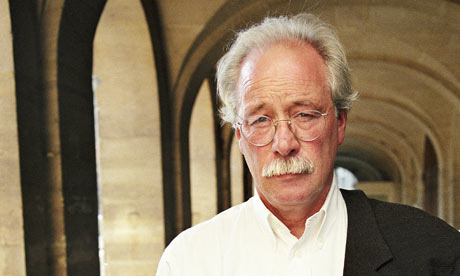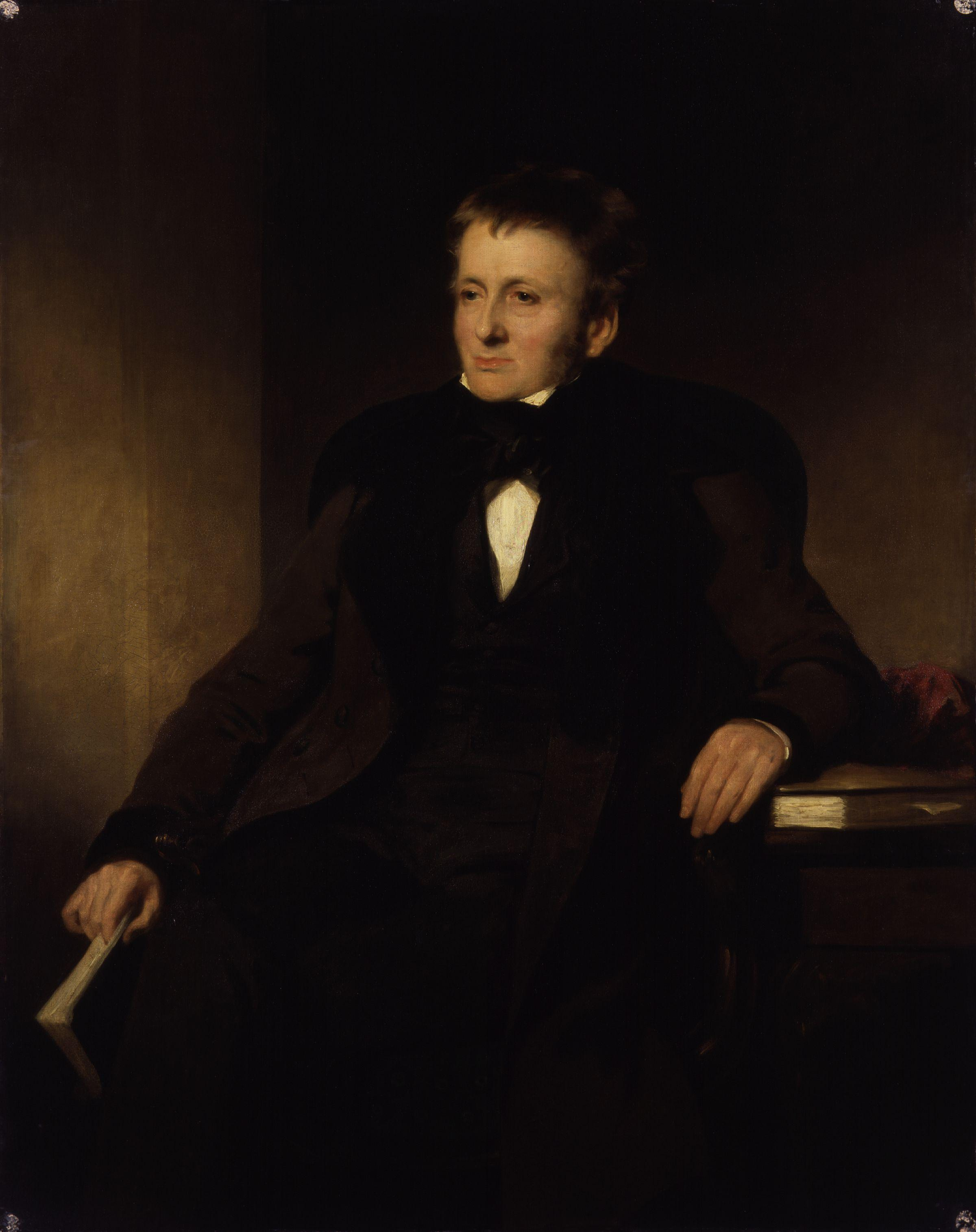Elizabeth Bishop was an American poet of the 20th Century, and the collection being studied in this course is
Questions of Travel, published in 1965.
 |
| Photo courtesy of http://www.poets.org |
The theme in which her works are considered are of migration and memory. This period of history was filled with large-scale movements of people across the globe, migrating to other countries easily thanks to the ease and speed of travel. Migration goes hand-in-hand with memory, as those that did relocate held on to their memories of what they have left behind.
As an adult, Elizabeth Bishop emigrated from the United States to Brazil, and she uses her poetry to reflect on issues of identity and belonging through this experience, reflecting in particular on her own early childhood in Nova Scotia.
Her father had died and her mother suffered a mental breakdown and died, so Elizabeth was shuttled between relatives in Nova Scotia and Boston. This gave her a sense of being divided from quite young, between different cultures and places.
Bishop wasn't a particularly prolific writer, but it was her central preoccupation. Her work was highly praised by others such as Marianne Moore and Robert Lowell, who themselves were significant and widely-praised poets.
One of the poems being studied is The Sandpiper:
Sandpiper
The roaring alongside he takes for granted,
and that every so often the world is bound to shake.
He runs, he runs to the south, finical, awkward,
in a state of controlled panic, a student of Blake.
The beach hisses like fat. On his left, a sheet
of interrupting water comes and goes
and glazes over his dark and brittle feet.
He runs, he runs straight through it, watching his toes.
- Watching, rather, the spaces of sand between them
where (no detail too small) the Atlantic drains
rapidly backwards and downwards. As he runs,
he stares at the dragging grains.
The world is a mist. And then the world is
minute and vast and clear. The tide
is higher or lower. He couldn't tell you which.
His beak is focussed; he is preoccupied,
looking for something, something, something.
Poor bird, he is obsessed!
The millions of grains are black, white, tan, and gray
mixed with quartz grains, rose and amethyst.
(Taken from http://www.poemhunter.com)
![A to Z Challenge [2013]](http://i1139.photobucket.com/albums/n547/Jeremy-iZombie/A%20TO%20Z%202013/A2Z-2013-BADGE-001Small_zps669396f9.jpg)
~~~~~~~~~~~~~~~~~~~~~~~~~~~~~~~~~~~~~~~~~~~
This post is part of the A-Z Blogging Challenge. To get involved and check out other blogs taking part just click
here. You won't be disappointed!
~~~~~~~~~~~~~~~~~~~~~~~~~~~~~~~~~~~~~~~~~~~
![A to Z Challenge [2013]](http://i1139.photobucket.com/albums/n547/Jeremy-iZombie/A%20TO%20Z%202013/A2Z-2013-BADGE-001Small_zps669396f9.jpg)





















